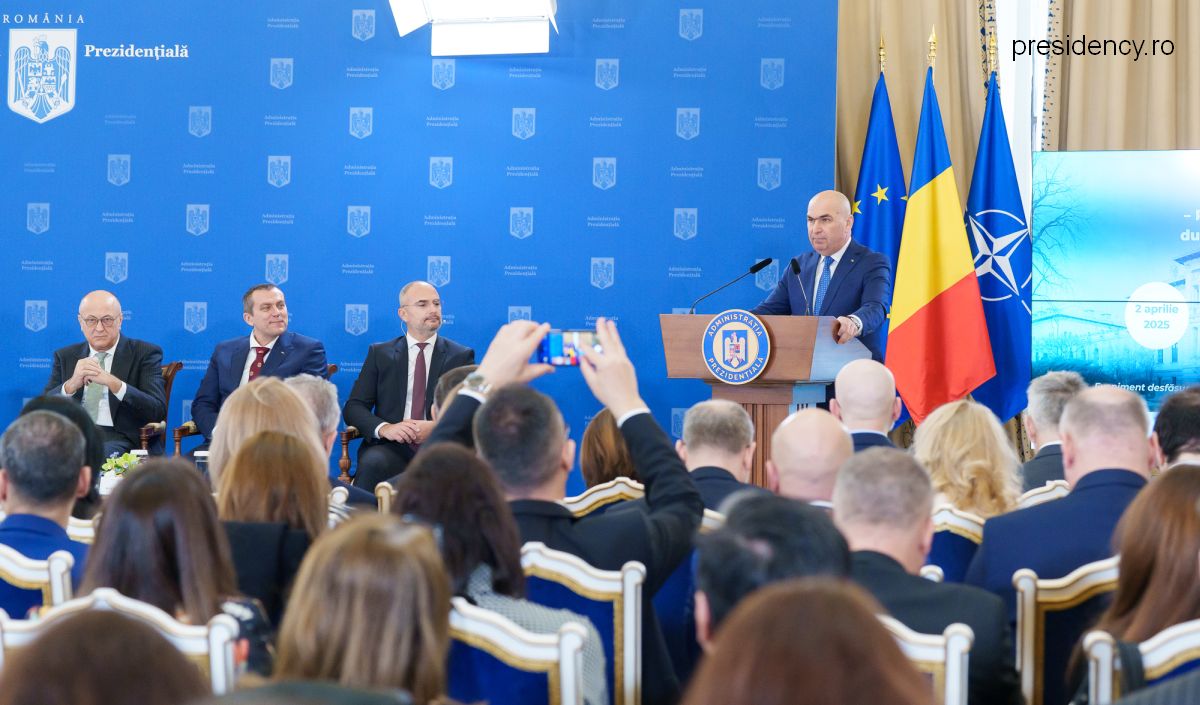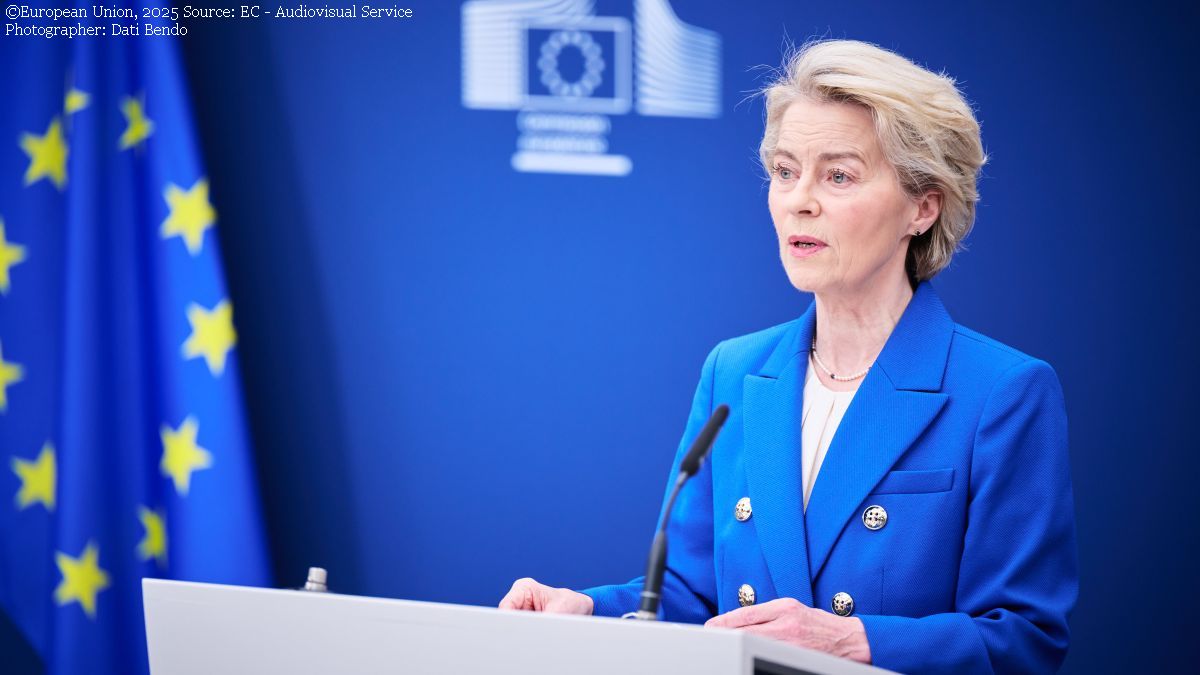The commemoration of the Holocaust in Romania
Elie Wiesel would have turned 88 on the 30th of September.
Warning: Trying to access array offset on null in /home/web/rri.ro/public/wp-content/themes/rri/template-parts/content.php on line 53

Warning: Trying to access array offset on null in /home/web/rri.ro/public/wp-content/themes/rri/template-parts/content.php on line 98
Roxana Vasile,
10.10.2016, 12:21
A survivor of the Nazi concentration camps of Auschwitz-Birkenau and a Nobel Peace Prize laureate, Elie Wiesel would have turned 88 on the 30th of September. He passed away, however, on the 2nd of July in the United States, his country of residence for many years. A writer, journalist, essayist, humanist philosopher and human rights activist of Romanian origin, Elie Wiesel put his life in the service of one ideal: that no one should ever forget what happened during WWII so that horrors like the Holocaust should never occur again. In 2004, an international committee chaired by Wiesel published a report based on which Romania officially recognised its participation in the Holocaust.
Heres David Lieberman, the president of the Jewish community in Sighetul Marmatiei, a small town in northern Romania where Elie Wiesel was born: “Elie Wiesel was an exceptional exponent of those who suffered during the Holocaust, describing the situation in the 1940s, the memory of which has, in my opinion, begun to fade in recent years; it is a pity that it should fade because young people today dont know what Judaism or Jewishness is, and, in a few years time, may not even know about this tragedy of the Jewish people, the Holocaust.
2016 is an important year for Romania as the country commemorates the 75th anniversary of the pogrom perpetrated by the far right in Bucharest in January 1941 and in Iasi in June 1941, as well as the deportations of October 1941 from Transdniester, at the time a territory under Romanian military administration located west of Ukraine. On Holocaust Remembrance Day in Romania on the 9th of October, the countrys foreign ministry paid tribute to the people who suffered in Romania and around the world and expressed solidarity with the survivors of the tragic events of the time. Understanding and respect, says the foreign ministry in Bucharest, are all the more important today as we unfortunately see new acts of anti-Semitism in many different states.
The Romanian foreign ministry has also reiterated its decision to contribute, through diplomatic means, to the consolidation of the legislative and institutional instruments meant to prevent and punish anti-Semitism and any form of racism, xenophobia, racial discrimination and intolerance. Romania has made considerable efforts in recent years to own its past and condemn anti-Semitism and Holocaust denial. Holocaust remembrance, education and study are its main lines of action. Since March 2016, Romania has also been holding the 1-year rotating presidency of the International Holocaust Remembrance Alliance (IHRA), which currently has 31 states.
(Translated by Cristina Mateescu)






























